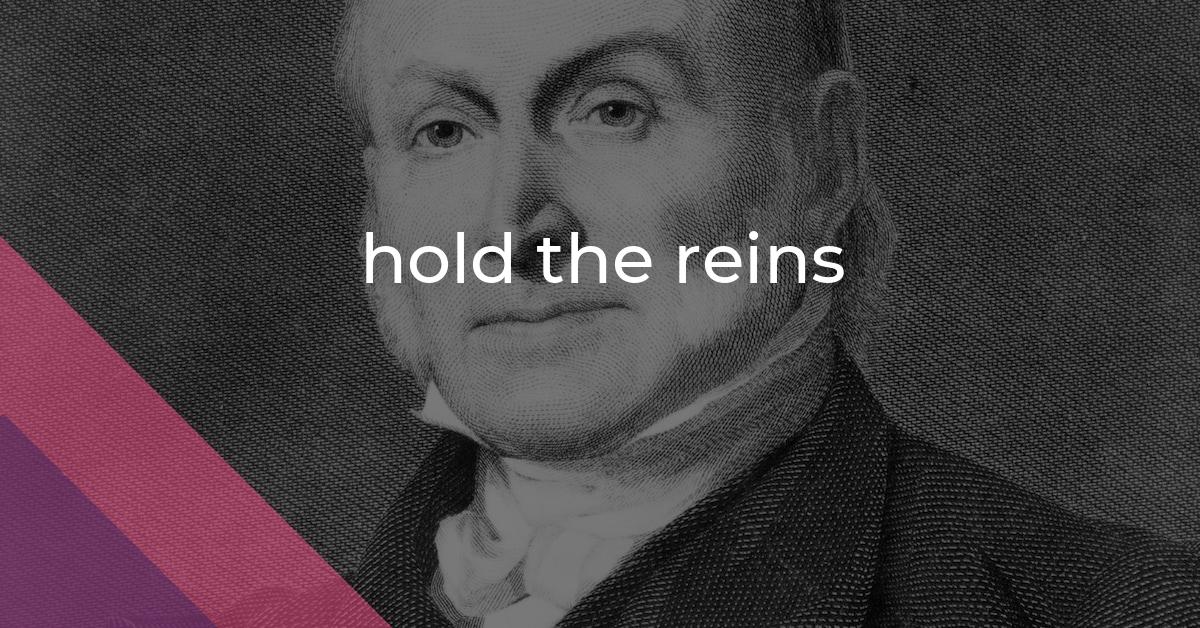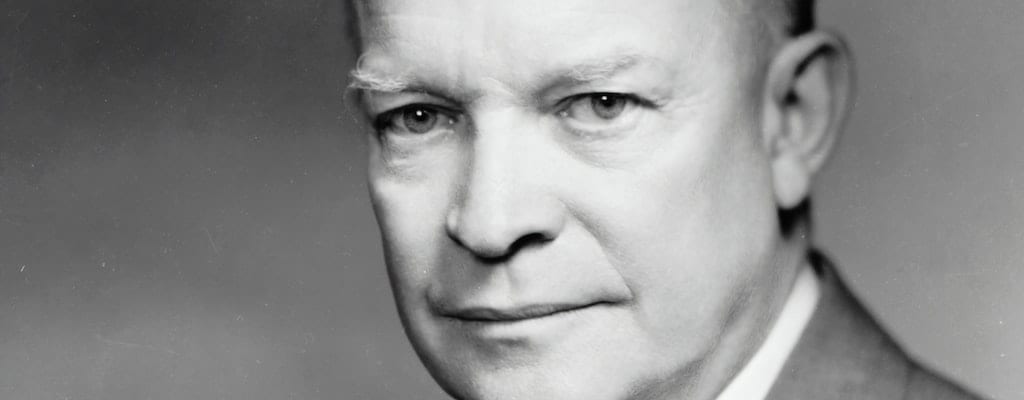hold the reins: Idiom Meaning and Origin
What does ‘hold the reins’ mean?
The idiom "hold the reins" means to have control or be in charge of a situation or group of people.

Idiom Explorer
"Take the reins" means to assume control or responsibility, often in a leadership position. It derives from the act of grabbing the reins of a horse to guide its direction and speed.
The idiom "leave someone holding the baby" means to leave someone with a difficult or unexpected responsibility that they must deal with on their own.
The idiom "keep a lid on" means to maintain control over something, especially to prevent it from becoming known or causing trouble.
The idiom "in the driver's seat" means to be in control or have the power to make decisions. It refers to being in a position of authority or leadership.
The idiom "hold the ring" means to be in control or to take charge of a situation or event.
The idiom "hold the purse strings" means having control or authority over financial matters or spending decisions.
The idiom "hold the line" means to remain in a current position or keep a situation stable, often in the face of difficulty or opposition.
The idiom "hold the floor" means to continue speaking or dominating a conversation or discussion, often preventing others from speaking or interrupting.
Influential Authority
The idiom "hold the reins" has its origins in horseback riding and refers to the act of controlling a horse by holding the reins, which are the straps or ropes attached to a bridle that are used to guide and direct the horse's movements.
In a literal sense, holding the reins gives the rider control over the horse. This physical control translates metaphorically into a more general sense of being in charge or having control over a situation or a group of people.
Idioms involving horses and equestrian terminology have long been used in the English language. The idiom "hold the reins" is a prime example of this, as it uses a specific action related to horsemanship to convey a broader meaning.
For instance, someone who holds the reins in a relationship is the one who has the dominant or controlling position. Similarly, in a business or political setting, the person who holds the reins is the one in charge and has the power to make decisions and guide the direction of the organization.
Interestingly, the idiom "hold the reins" is often paired with the phrase "take the reins," which has a similar meaning. However, "hold the reins" suggests more long-term or continuous control, while "take the reins" implies seizing control in a more sudden or temporary manner.
Overall, the idiom "hold the reins" encapsulates the idea of control and authority, drawing on the image of a rider holding the reins to guide a horse. It conveys the sense of being in command and having the power to direct the course of events or the actions of others.
The related idiom "hold the ring" also conveys the idea of control, but with a slightly different emphasis. While "hold the reins" implies a position of authority, "hold the ring" suggests taking charge and maintaining order in a situation that involves multiple participants or conflicting interests.
In a figurative sense, holding the ring means assuming the role of a mediator or facilitator, ensuring fairness, and managing the interactions and dynamics within a group or organization. This idiom is often used in the context of meetings, negotiations, or any situation where there are competing opinions or interests that need to be balanced and managed.
By holding the ring, individuals are able to establish a sense of order and structure, creating an environment where everyone's voice can be heard and respected. They play a crucial role in guiding discussions and decision-making processes, ensuring that the outcome is fair and beneficial to all parties involved.
The idiom "hold the cards" is another expression related to control and power. This phrase is often used to describe someone who has a position of advantage or dominance in a situation.
When someone holds the cards, they have access to information, resources, or opportunities that give them a significant edge over others. It suggests having knowledge, leverage, or a strategic advantage that can be used to influence the outcome in their favor.
In various scenarios, holding the cards can refer to having control over the direction of a project, possessing insider information that can sway decisions, or simply being in a position of power where others must comply with their wishes.
The idiom "hold the purse strings" further adds to the theme of control and authority. It refers to the person who controls the finances or the allocation of resources within a group or organization.
When someone holds the purse strings, they have the power to decide how money is spent and distributed. This control over financial resources gives them significant influence and authority, as it affects the ability of others to carry out their plans, projects, or even personal expenses.
Those who hold the purse strings are often in positions of financial management, such as CEOs, CFOs, or heads of budget committees. They are responsible for making decisions that align with the organization's goals and requirements, ensuring that resources are allocated efficiently and effectively.
The idiom "hold the reins" captures the essence of control and authority, originating from the image of a rider controlling a horse through the use of reins. It signifies being in charge and having the power to guide and direct actions or events.
Additionally, the related idioms "hold the ring," "hold the cards," and "hold the purse strings" further expand on the themes of control and power. "Hold the ring" emphasizes mediating and maintaining order, while "hold the cards" signifies having an advantage or dominance. Lastly, "hold the purse strings" signifies the power to control finances and resource allocation.
Example usage
Examples of how the idiom "hold the reins" can be used in a sentence:
- She decided to hold the reins of her own business and become her own boss.
- After winning the election, the new mayor held the reins of the city's administration.
- The experienced horse rider held the reins tightly, guiding the horse through the obstacle course.
More "Control" idioms



